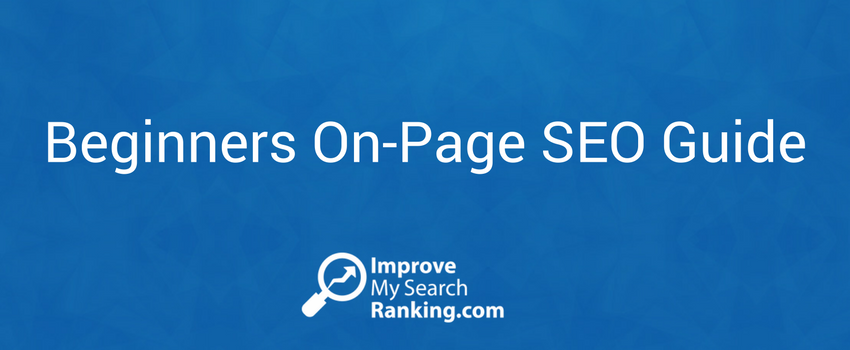
Google’s John Mueller explains the role of heading tags in SEO
Heading tags such as H1, H2, and H3 tags, are important in SEO, and it is considered a good SEO practice to include primary and secondary keywords in these heading tags. But does Google consider keywords in heading tags a search engine ranking factor?
Google’s John Mueller sheds some light on how Google perceives heading tags and what is the best way to use headings on a web page.
No longer a search engine ranking factor
According to Mueller, keywords in heading tags is no longer a search engine ranking factor. It used to be in the early 2000s, more than 15 years ago.
John Mueller says, “I think in general, headings are a bit overrated in the sense that it’s very easy to… get pulled into lots of theoretical discussions on what the optimal headings should be.”
More importantly, John Mueller confirmed that the practice of perceiving the H1 heading as a more important ranking factor than H2 and thinking of the H2 heading as more important than H3, and so on, is an outdated practice. Furthermore, he also explained that Google uses headings to better understand the content and the structure of the web page.
“We do use headings when it comes to search. But we use them to better understand the content on the pages.” He adds, “So, this question of how should I order my H1, H2, H3, headings and what should the content be, that’s something from my point of view isn’t really that relevant.”
How to use heading tags?
If heading tags aren’t being used as a search engine ranking factor, then how should content marketers and publishers use them?
Mueller explains this from Google’s perspective.
“What we use these headings for is well we have this big chunk of text, or we have this big image, and there’s a heading above that, therefore maybe this heading applies to this chunk of text or to this image.
So it’s not so much like there are five keywords in these headings, therefore this page will rank for these keywords but more, [so] here’s some more information about that piece of text or about that image on that page. And that helps us to better understand how to kind of frame that piece of text, how to frame the images that you have within those blocks. And with that, it’s a lot easier to find the right queries that lead us to these pages.”
Conclusion
So, in summary, heading tags aren’t search engine ranking factors anymore. Instead of stuffing the H1 heading with more important keywords and H2 headings with relatively less important keywords, you should instead use them to communicate what the content is about.
This will help readers have a better user experience. Moreover, it will also help search engines understand what your page is about and find relevant queries for it.








